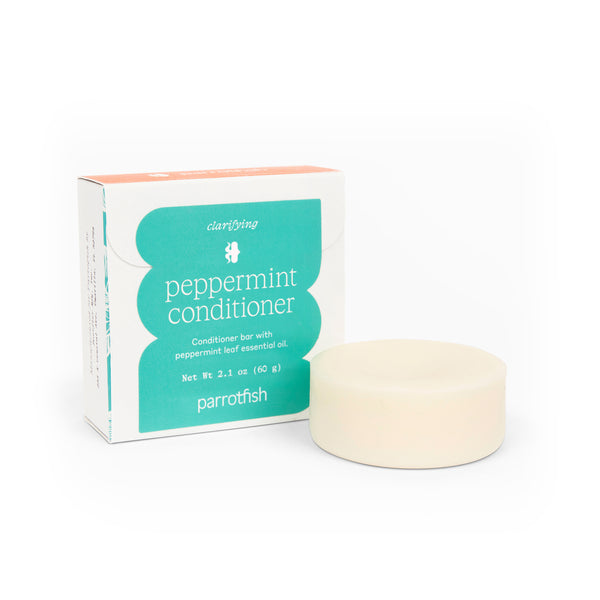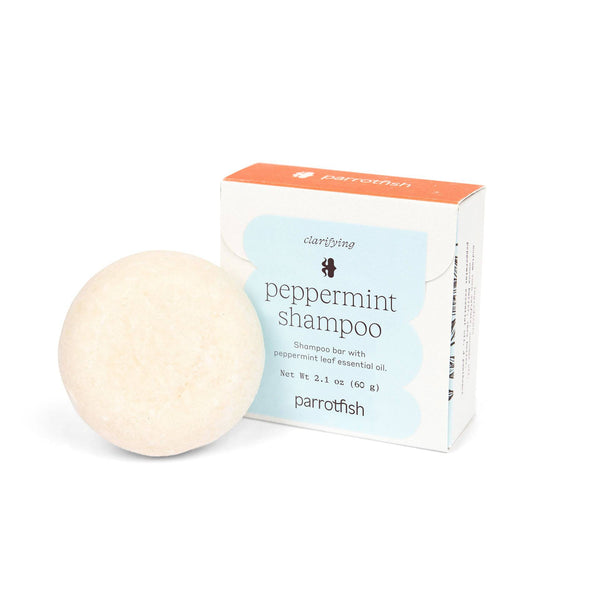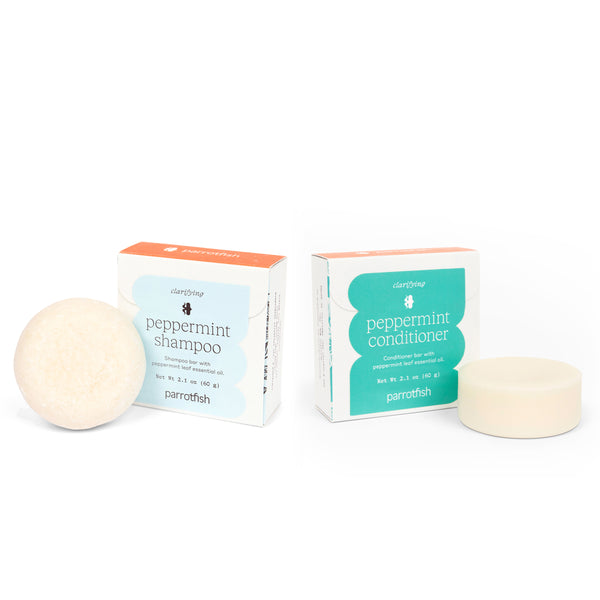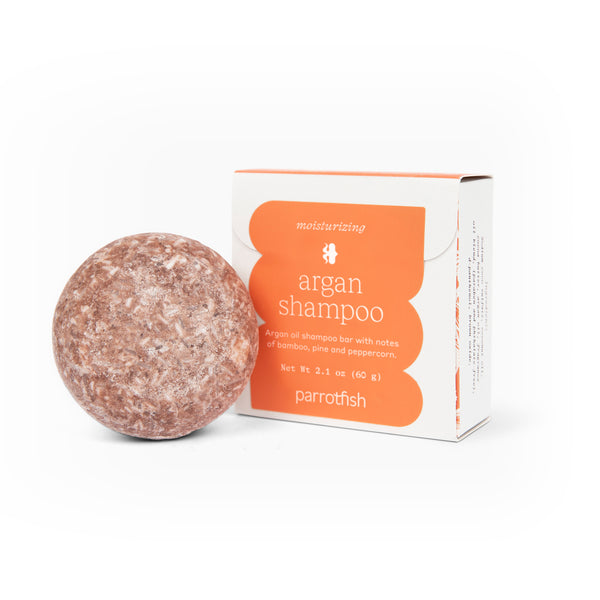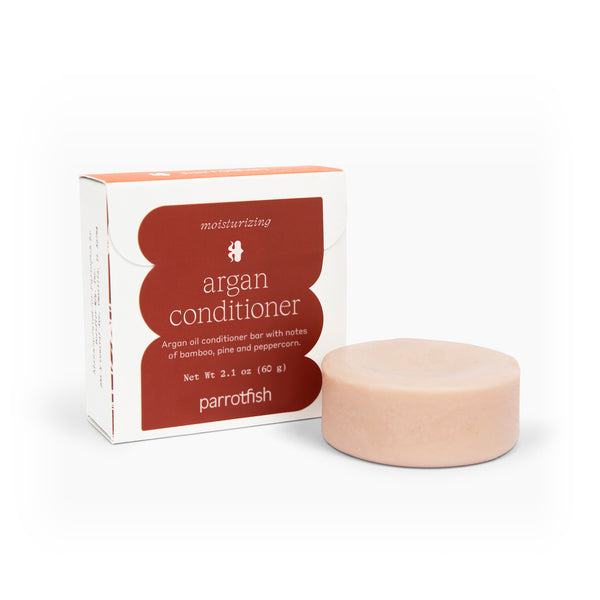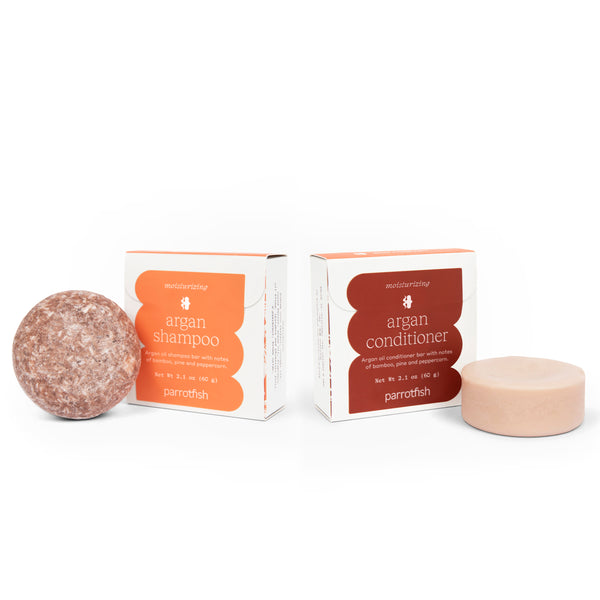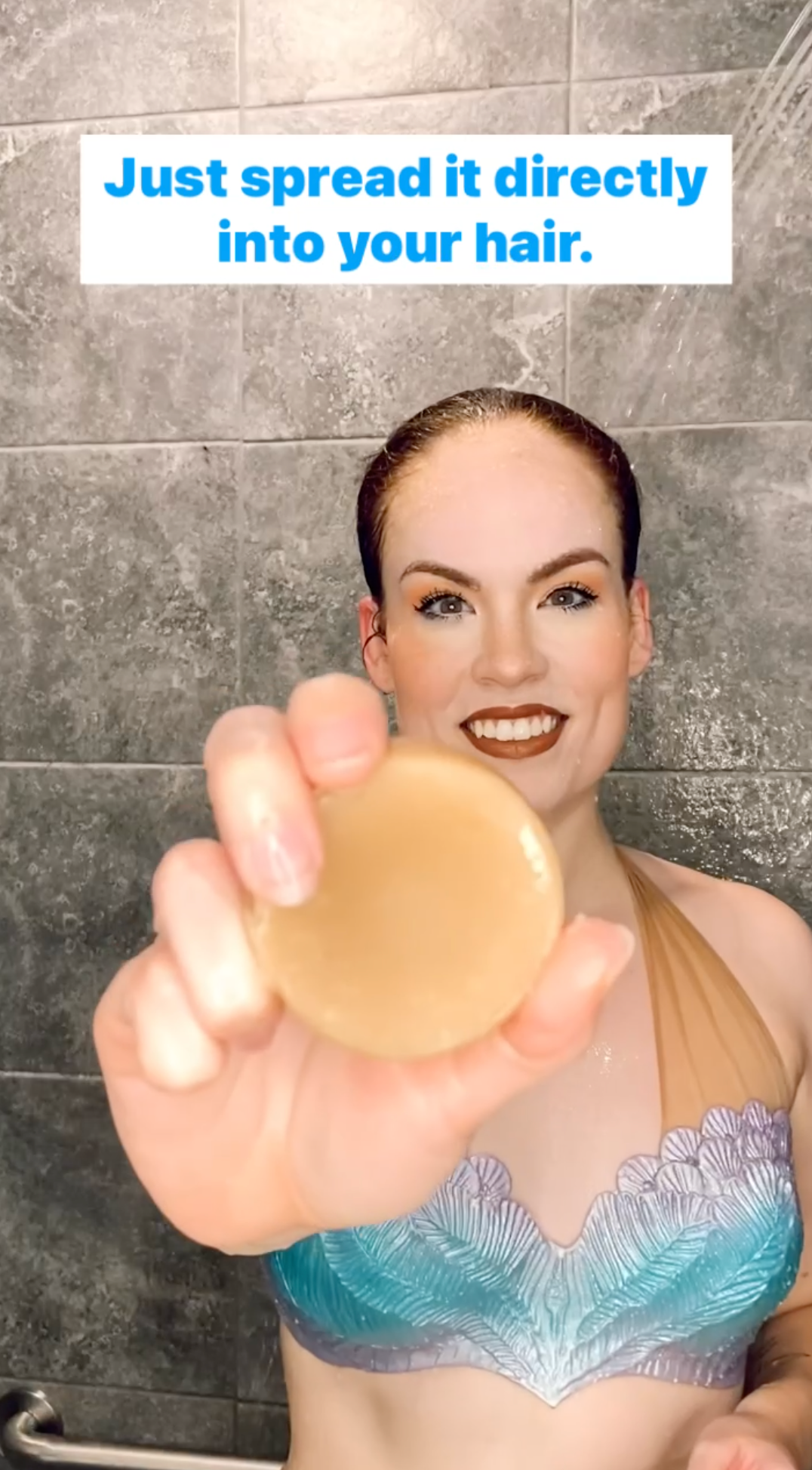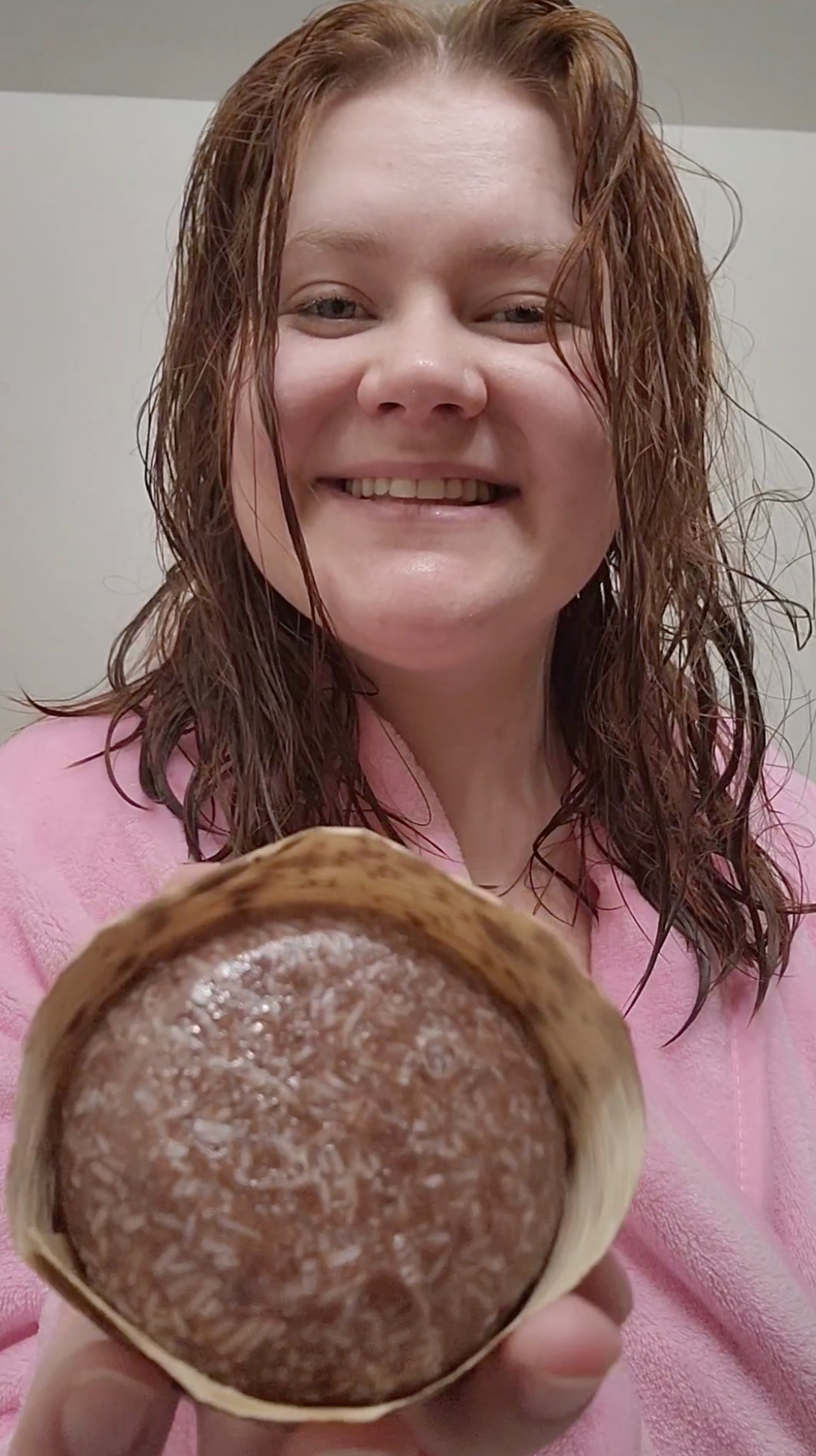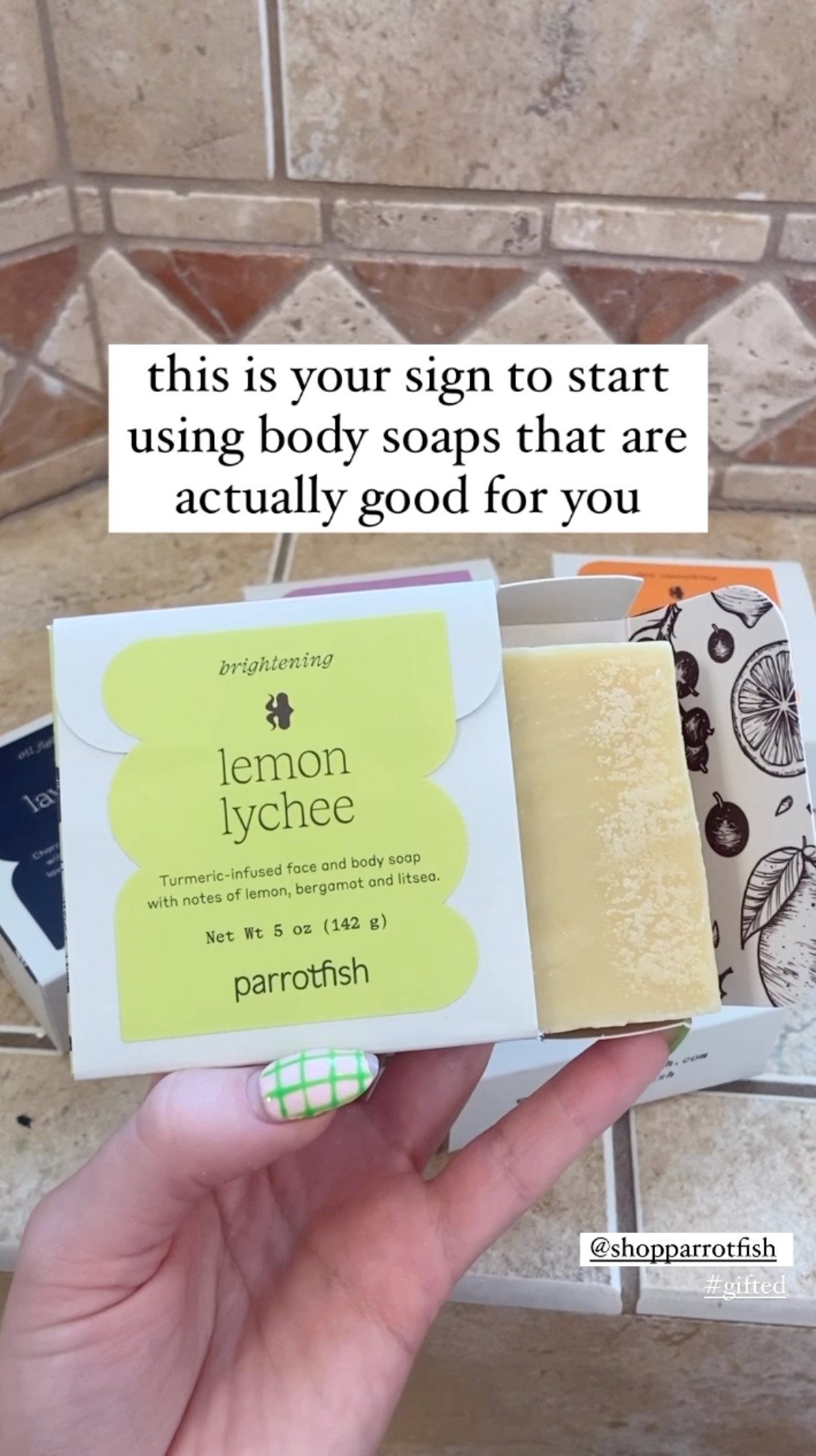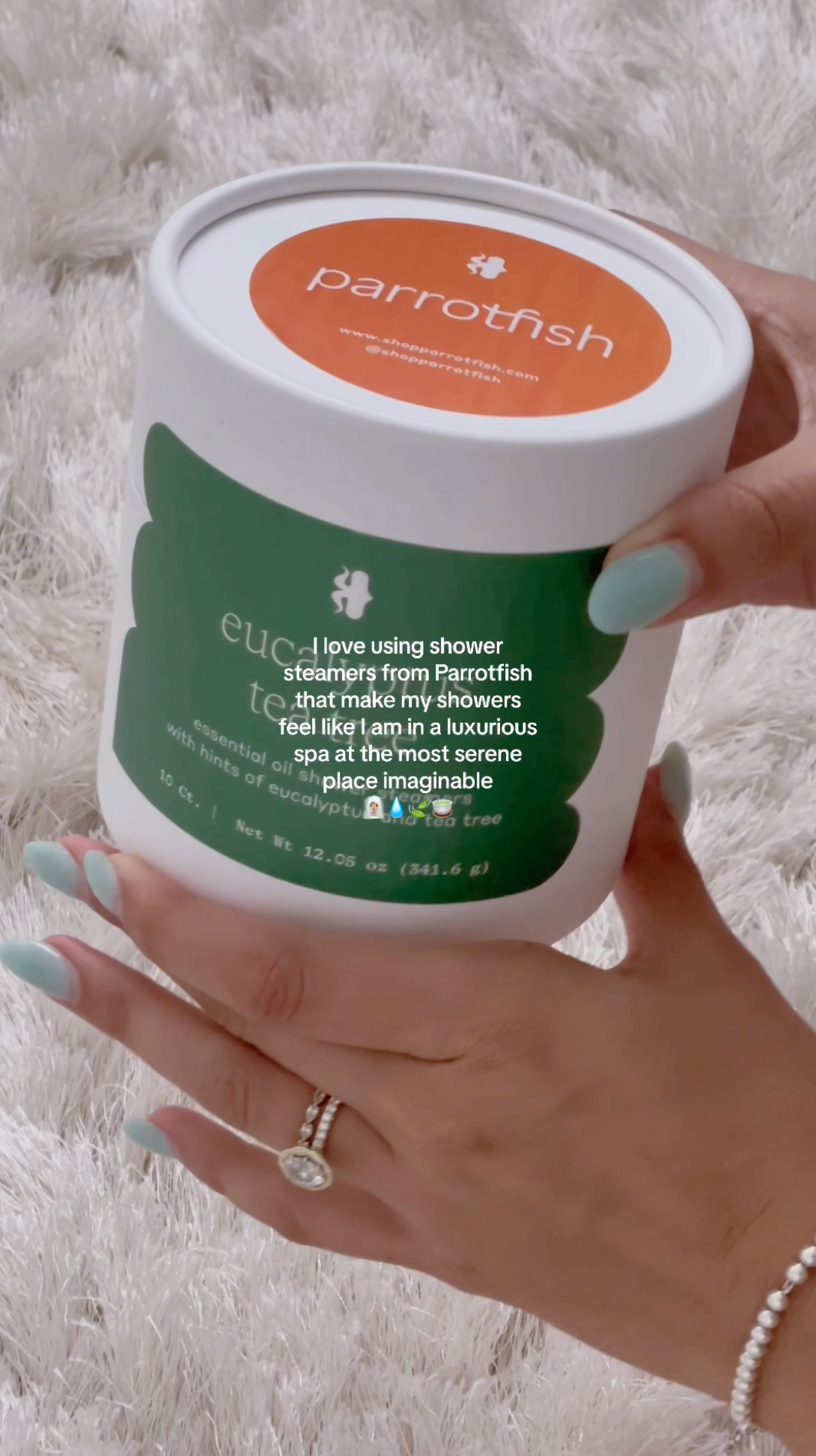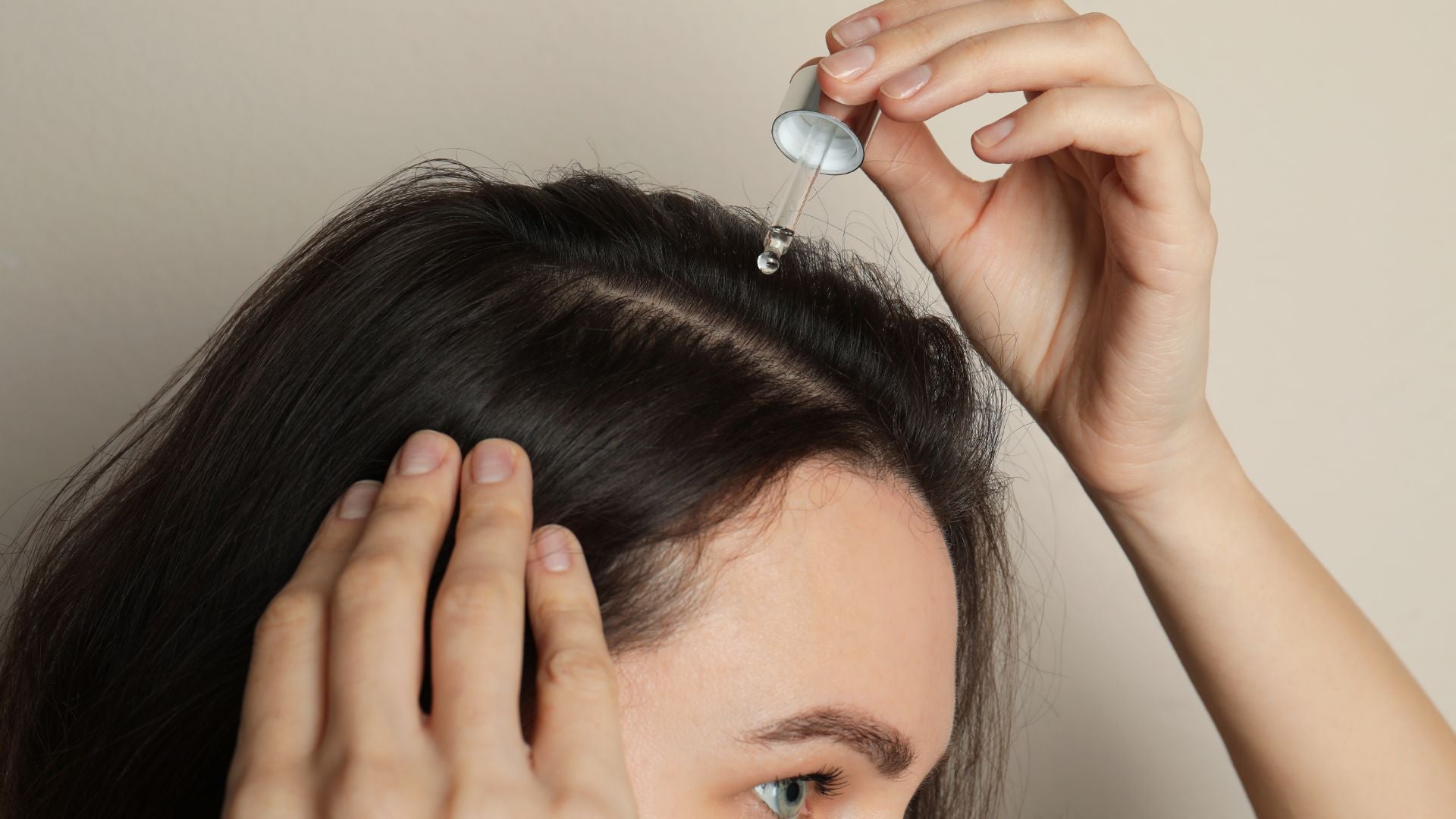

Peppermint Oil for Hair Growth
In the quest for natural solutions to enhance hair growth and vitality, peppermint oil emerges as a potent ally. Derived from the peppermint plant, Mentha piperita, this essential oil is celebrated not only for its invigorating scent but also for its remarkable benefits for the scalp and hair. Let’s delve into the science and application of peppermint oil for promoting hair growth and achieving healthier, more vibrant locks.
The Science Behind Peppermint Oil and Hair Growth
Peppermint oil's efficacy in promoting hair growth is backed by research. A notable study published in the journal "Toxicological Research" revealed that topical application of peppermint oil led to significant increases in dermal thickness, follicle number, and follicle depth. This is largely attributed to menthol, the primary component of peppermint oil, known for its ability to enhance blood circulation to the scalp. Improved circulation delivers more nutrients and oxygen to hair follicles, creating an optimal environment for accelerated growth and strengthening.
Ideas for Using Peppermint Oil for Your Hair
- Scalp Massage: Integrating peppermint oil into your hair care routine can begin with a simple scalp massage. Dilute peppermint oil with a carrier oil, such as jojoba or coconut oil, to mitigate any potential skin irritation. Gently massage the mixture into your scalp to invigorate the skin, enhance blood flow, and stimulate hair follicles. This not only fosters hair growth but also provides a refreshing, tingling sensation that revitalizes the scalp.
- Peppermint Oil-Infused Hair Products: Incorporating peppermint oil into your shampoo or conditioner can offer daily stimulation to your scalp. A few drops of the oil can transform any hair product into a growth-promoting elixir. Regular use can lead to visibly thicker and fuller hair over time.
- DIY Hair Masks: Create a peppermint oil hair mask by blending it with other natural ingredients known for their hair benefits, such as honey, aloe vera, or egg. These masks can deeply nourish the scalp and hair, further enhancing the growth-promoting effects of peppermint oil.
Incorporating Peppermint Oil into Your Hair Care Regimen
- Diluting Peppermint Oil: For direct application, it's crucial to dilute peppermint oil with a carrier oil, such as jojoba or coconut oil, to avoid skin irritation. Pure peppermint oil can be too intense for direct scalp application, so aim for a 1-2 percent solution by mixing it with your chosen carrier oil for a safer, more soothing experience.
- Scalp Application: Gently massage a small amount of the diluted peppermint oil into your scalp using circular motions. This not only nourishes the scalp with essential nutrients but also boosts blood circulation through the gentle massage, enhancing the oil's effectiveness.
- Duration of Application: After applying the oil, let it sit on your scalp for at least five minutes to ensure deep penetration. For optimal results, consider leaving the oil on for an extended period, ranging from one hour to overnight, especially when combined with a hair protein treatment, to maximize its hair-strengthening benefits.
- Washing It Out: Following your treatment, cleanse your scalp and hair with shampoo and rinse with cool water. This step is vital to close the hair's cuticles and retain the beneficial properties of peppermint oil, leaving your hair refreshed and invigorated.
- Mixing with Other Oils: For an enhanced hair care experience, mix peppermint oil with other essential oils according to your specific needs. For example, blend it with roucou oil to combat dandruff or eczema, with tea tree oil for a targeted spot treatment, or with argan oil for extra moisture.
Tailoring Peppermint Oil Use to Your Hair Type
Individuals with dry scalps or brittle strands should proceed with caution, as peppermint oil is particularly beneficial for those with oily hair and scalps. However, with proper application and dilution, peppermint oil can be a valuable addition for any hair type.
Those with allergies to essential oils or sensitive skin and scalp conditions should either avoid peppermint oil or conduct a patch test to ensure compatibility.
Peppermint oil excels in managing oilier hair types. Its clarifying and invigorating properties cleanse the hair without removing essential moisture. By balancing the scalp's sebum production, peppermint oil ensures hair remains hydrated and light, without any added heaviness.
Frequent Questions Answered
Can I leave peppermint oil in my hair?
Yes, you can leave diluted peppermint oil in your hair, especially as part of a treatment or overnight mask. Ensure it's properly diluted with a carrier oil to avoid irritation. Leaving it in allows the oil more time to stimulate the scalp and promote hair growth.
Related Products
What are the side effects of peppermint oil on hair?
While beneficial, peppermint oil can cause side effects like dryness, itching, or irritation, especially if used undiluted or by those with sensitive scalps. Overuse can disrupt the scalp's natural oil balance. Always conduct a patch test before widespread use.
What oil is best for hair growth?
While many oils can benefit hair growth, castor oil is renowned for its ability to enhance hair thickness and growth due to its ricinoleic acid content. Other effective oils include peppermint oil for stimulating the scalp and rosemary oil for its ability to improve cellular generation.
What oil to mix with peppermint oil for hair growth?
For hair growth, mix peppermint oil with carrier oils like jojoba or coconut oil, which can soothe and moisturize the scalp. Adding a few drops of rosemary oil can further enhance the mixture's effectiveness in promoting hair growth due to its own growth-stimulating properties.
How quickly does peppermint oil work?
The effects of peppermint oil on hair growth can vary, but some may notice improvements within a few weeks of consistent use. However, significant hair growth and health benefits generally require regular use over several months.
Does peppermint oil need a carrier oil?
Yes, peppermint oil should always be diluted with a carrier oil before applying to the scalp or hair. Its high concentration can cause skin irritation or a burning sensation if applied directly. Dilution not only mitigates these risks but also helps in the even distribution of peppermint oil across the scalp.
Safety and Precautions
While peppermint oil is generally safe for topical use, its concentrated nature requires a few precautions. Always dilute it with a carrier oil to prevent irritation, and conduct a patch test on a small skin area before full application. Avoid contact with eyes and sensitive areas, and consult with a healthcare provider before use if you are pregnant, nursing, or have a medical condition.
The Bottom Line
Peppermint oil represents a natural, effective way to support hair growth and improve scalp health. Its cooling effect, coupled with the ability to stimulate blood circulation, makes it an excellent addition to any hair care regimen. Whether used in a scalp massage, added to hair products, or as part of a nourishing hair mask, peppermint oil can pave the way to achieving the lush, healthy hair you desire. Embrace the refreshing power of peppermint and watch as your hair transforms into a stronger, fuller, and more vibrant version of itself.
Special Offer Just for You!
Thanks for reading our blog! As a token of appreciation, enjoy 10% off your next purchase with code BLOG10.
Curious about how our products work in real life? Check out what our customers are saying about their favorite shampoo bars and soap collections. Join the Parrotfish family and see why they love us!
Let customers speak for us
from 224 reviewsUnlike bottle dog shampoo. This lathers up so easily and my puppy smells wonderful!
I am not a fan of most bar type shampoos or conditioners, but this one works really well on my hair. Good lather and good scent. Also keeps my hair conditioned well.
Love! Was complimented on how great my gray hair looked after 1 use! Thank you definitely will buy again! No plastic to recycle and the beautiful bars dont clutter the bathtub. A huge plus for the environment and me a neat freak!
I was surprised how easy it lathers . Love the smell and use to remove yellow tones in my hair. Highly recommend
This is my first Parrotfish order and I am sold! The shampoo has a rich lather and cleans my hair so well, the conditioner leaves my hair shiny and soft, and the soaps smell SO goody and leave me squeaky clean. I was sent an extra bar of soap as a bonus - thank you!!! I love how good these smell, how effective they are, and that they don't use any plastic packaging!
Elevates your shower game. Perfect tool to help unwind after a stressful day at work or a chaotic one with the kids. 10/10
Smells wonderful and leaves my buzz cut and scalp clean.
I already love the shampoo and conditioner bars, but this bundle just made it easy to get everything i need for whole body! Love that i dont have to deal with bottles and everything smells so good
I recently tried the new ParrotFish dog shampoo, and I am beyond impressed! Not only does it leave my dog’s coat incredibly soft and shiny, but the scent is absolutely fantastic—fresh, clean, and long-lasting without being overpowering. Bath time has gone from a chore to a treat! It lathers well, rinses easily, and my dog’s skin seems much calmer and less itchy since switching. You can tell it’s made with quality ingredients. Highly recommend for anyone looking to upgrade their dog grooming routine. ParrotFish nailed it with this one!
Gotta tell you this is one of those rare delights of life that continue to give you the little joy in small things.
Now I know you're probably thinking it's a but pricey but it lasts for months and it gives you that squeaky- clean feel with your hands through your hair as you use it, so you know it's top-notch and getting the job done right, unlike some of those greasy petroleum/chemical like fake goop from a mass market thing.
I'm definitely not picky at all about these things usually, except this is one of the true gems that give you a little spark that you've found something special. You won't go back.
And it's compact - no bulky bottles, no plastic, perfect for a workout bag and use at home or on that shower shelf. And the company is top-notch, A+++ customer service and you can just tell they are good people with the occasional handwritten note in your delivery.
Can't say enough and won't use mass market crud again.
P.S. It's all about the Peppermint shampoo for me.
I love this shampoo bar. It lathers and smells so good.
This soap is so delightful. The fragrance is fresh, light and energizing.
This shampoo and conditioner set is top notch! My hair feels the best it ever has and it looks amazing!
I initially found the Parrotfish Argan Oil Conditioner Bar at an Erewhon store and decided to try it. It has transformed my hair from dry, frizzy and wavy to soft, shiny, and bouncy. It brought back my hair large loose curls. I looked up Parrotfish online and decided to buy my second one direct. Fulfillment was quick and shipping too. 😊
I immediately fell in love with this shampoo. I’ve always had oily hair but could never find shampoo that would actually help. My hair has never felt so clean with the peppermint shampoo!! I briefly tried to use other peppermint shampoo bars for convenience rather than shopping online but none of them are as good. I will never use another shampoo again!!

